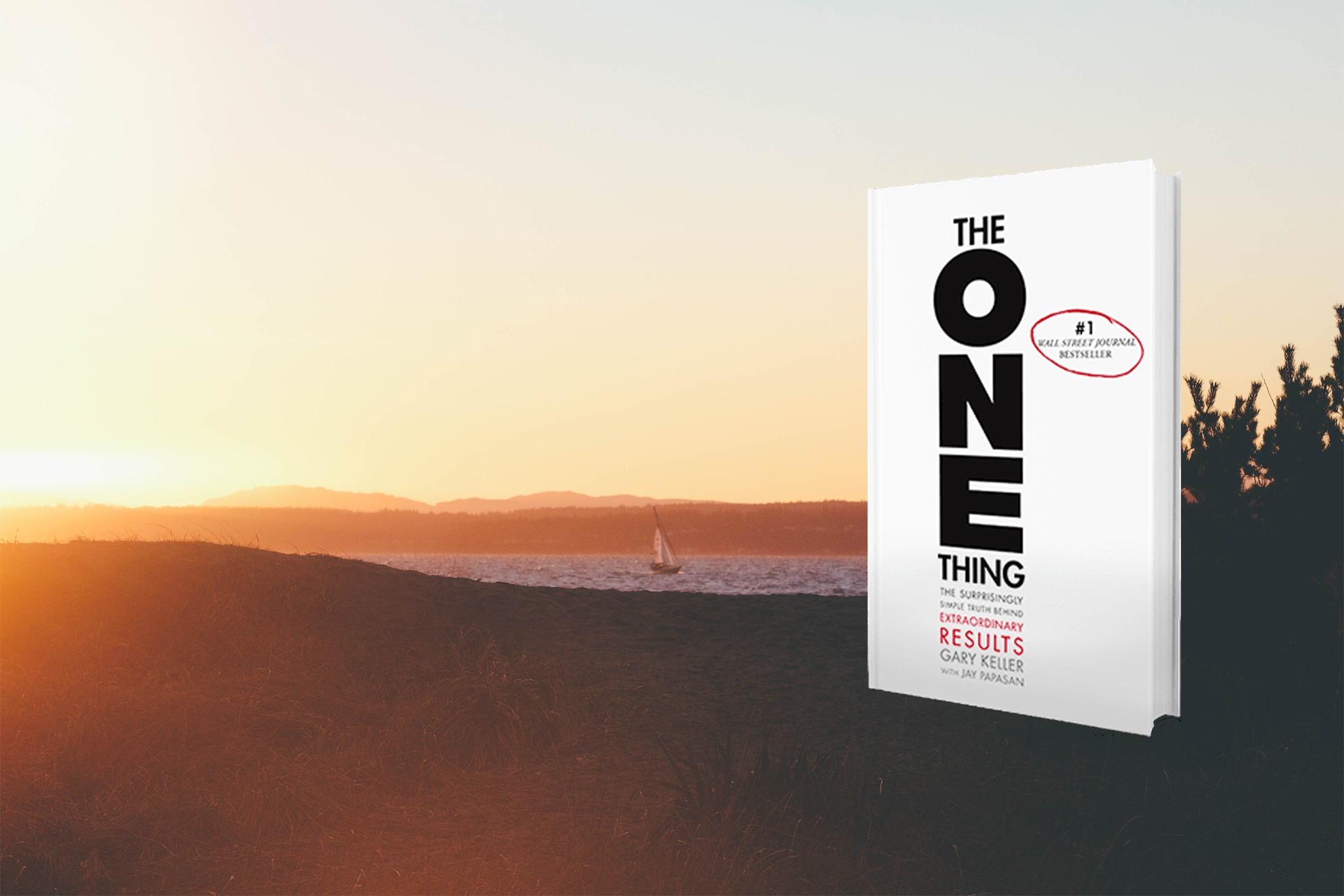
“The cycle of going from dust to dessert. The metamorphosis from being the ruler of a planet to an ingredient in someone’s soup.”
During a treadmill run before the pandemic started I watched an old Twilight Zone episode featuring the above voiceover, which has stayed with me.
The episode is To Serve Man. Aliens, called Kanamits, visit Earth proclaiming good intentions, and after some initial skepticism humans embrace their assistance. Soon war, hunger, and all doubts about Kanamit intentions disappear.
A Kanamit book was left at U.N. headquarters and a crypto team attempts to decipher it. They quickly discover the book’s title is “To Serve Man,” but the rest of the book is more difficult to decipher. In the meanwhile, Kanamits generously announce they’ll provide humans with free vacations to the Kanamit home world.
The twist comes as the protagonist climbs aboard a Kanamit ship just as his coworker on the deciphering team (and love interest) shouts from behind a fence that she finished deciphering the book, and that it’s a cookbook for humans. Unable to leave the ship the protagonist ends up on the Kanamit homeworld, where we watch him at first refuse, and then give in, to Kanamit attempts to fatten him up.
I couldn’t shake the feeling that the story has more relevance than dark sci fi humor.
There’s an economy of our minds that translates into success or failure; we can get sucked into poor investments of time via appealing servings of mental stimulation just as readily as we can with poor investments of money. I call these traps “Kanamits of the mind.”
I’m as guilty of these as anyone. I’ve watched shows I wasn’t interested in just to have a cultural connection, for example The Walking Dead. Despite it being immensely popular I quickly became frustrated by its dependency on an episodic cliffhanger formula: instead of catharsis/resolution the viewer became hooked for the next episode.
Compare this to The Mandalorian, which while pursuing a broader storyline successfully surfaces and resolves “side quests” within each episode while still making tangible progress towards a successful resolution overall.

Ironically, the show about zombies became something of a zombie itself as it kept going long after its popularity waned (did other people notice this annoying formula and stop watching too?). Bring forth the illustrative meme:

I have the same frustration with certain video games. I bought Overwatch[1] and enjoyed it…for a while. After three months I’d log in Monday night, play ‘Arcade’ games until I unlocked all the free loot boxes for that week, and then sign off until the next Monday night.[2] After a few months of this I realized the game was a chore, not a game, and I never logged on again.
As I look back on time spent watching shows that I couldn’t stand, for which I was more relieved there was an end than how it ended, or playing games that served up only more chores, I wish I’d invested that time elsewhere.
Recently I preordered Cyberpunk 2077, planning to take time off of work to play the day it was released. But I instead decided to cancel the preorder and instead spent that time designing and building my own Mandalorian nativity scene.[3]
Could I have kept the preorder and also built the nativity scene? Probably. It’s all about balance, right? Good things like stress reduction and making friends can come from playing video games or watching TV; a psychology journal just published research saying that video games “are now more important than ever for socialization, feeling autonomy and control during an uncertain time, and just de-stressing.”
These days I still play games and watch TV (in much smaller amounts than before), but I’ve recognized a need for other forms of fulfillment; the happiness of dusting cobwebs from my creative side, and the satisfaction of working with my hands. So if you feel unfulfilled by games and TV, try mixing things up for a while and see how that affects you.
Be careful of Kanamits of the mind. They claim to serve you, and that they will do; but they might instead serve you to their advertisers and shareholders, and sell you short of your full potential, without you realizing it.
[1] When Overwatch came out I was probably above their target age demographic. My interest in the game was the result of my browsing reddit and imgur and being inundated with memes from the game, as well as funny videos on YouTube. No, the irony of purchasing a video game because of my time spent viewing memes and funny videos is not lost on me either.
[2] Most of this was due to the toxicity of players, even in Quick Play. I hated playing Ranked games since I was afraid to cost my teammates SR, which would have further increased the toxicity. I was also afraid of using voice chat since the only time I could play was shortly after putting our kids to bed and I didn’t want to wake them up.
[3] A note on balance: you should absolutely relax and take breaks, and not go all out on self improvement or home improvement projects all the time. Just be thoughtful about it. Don’t let the pendulum swing too far the other way!
